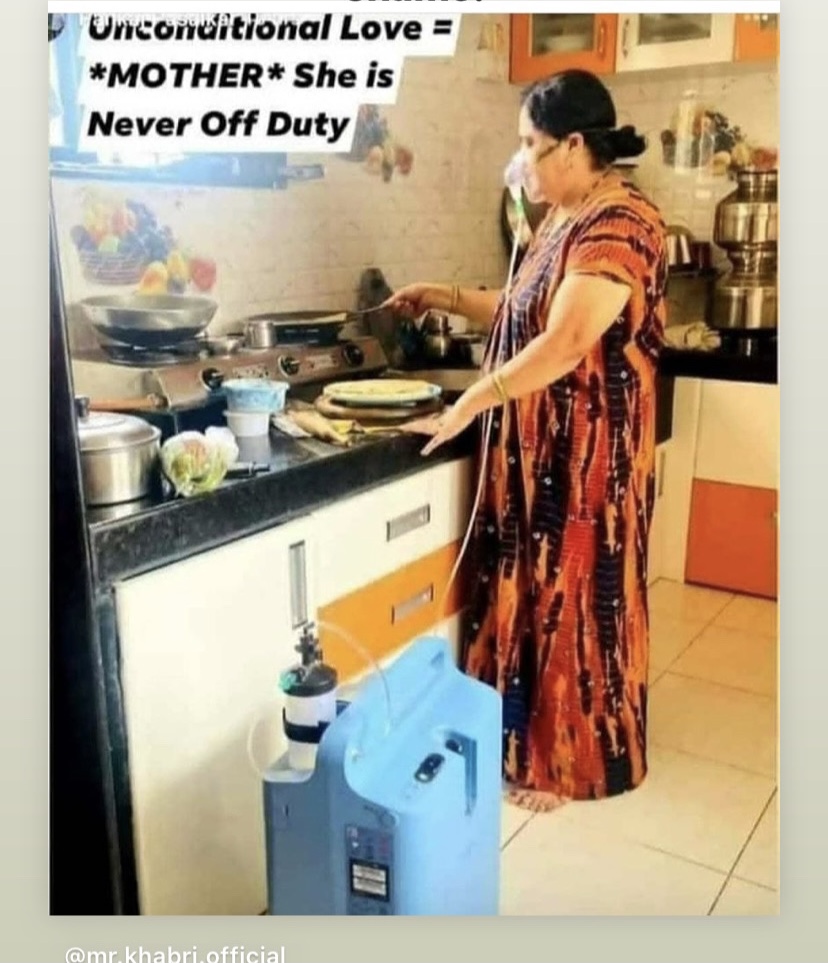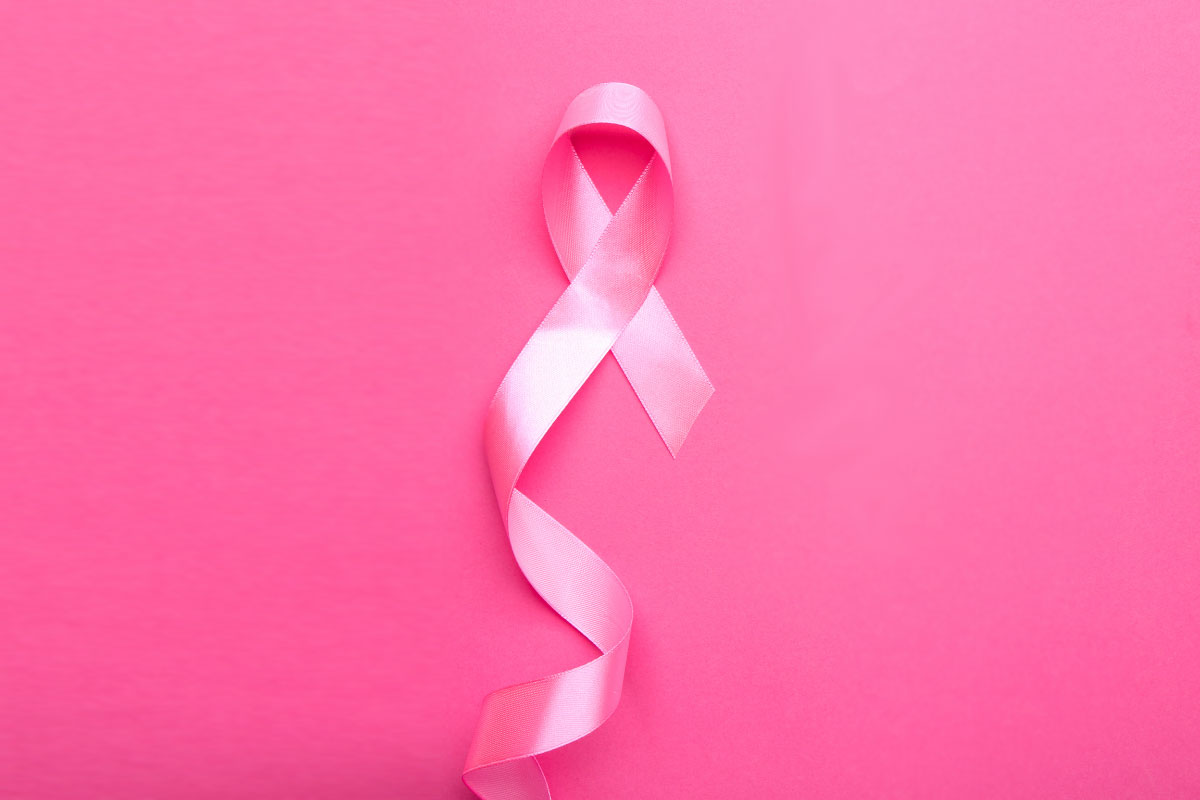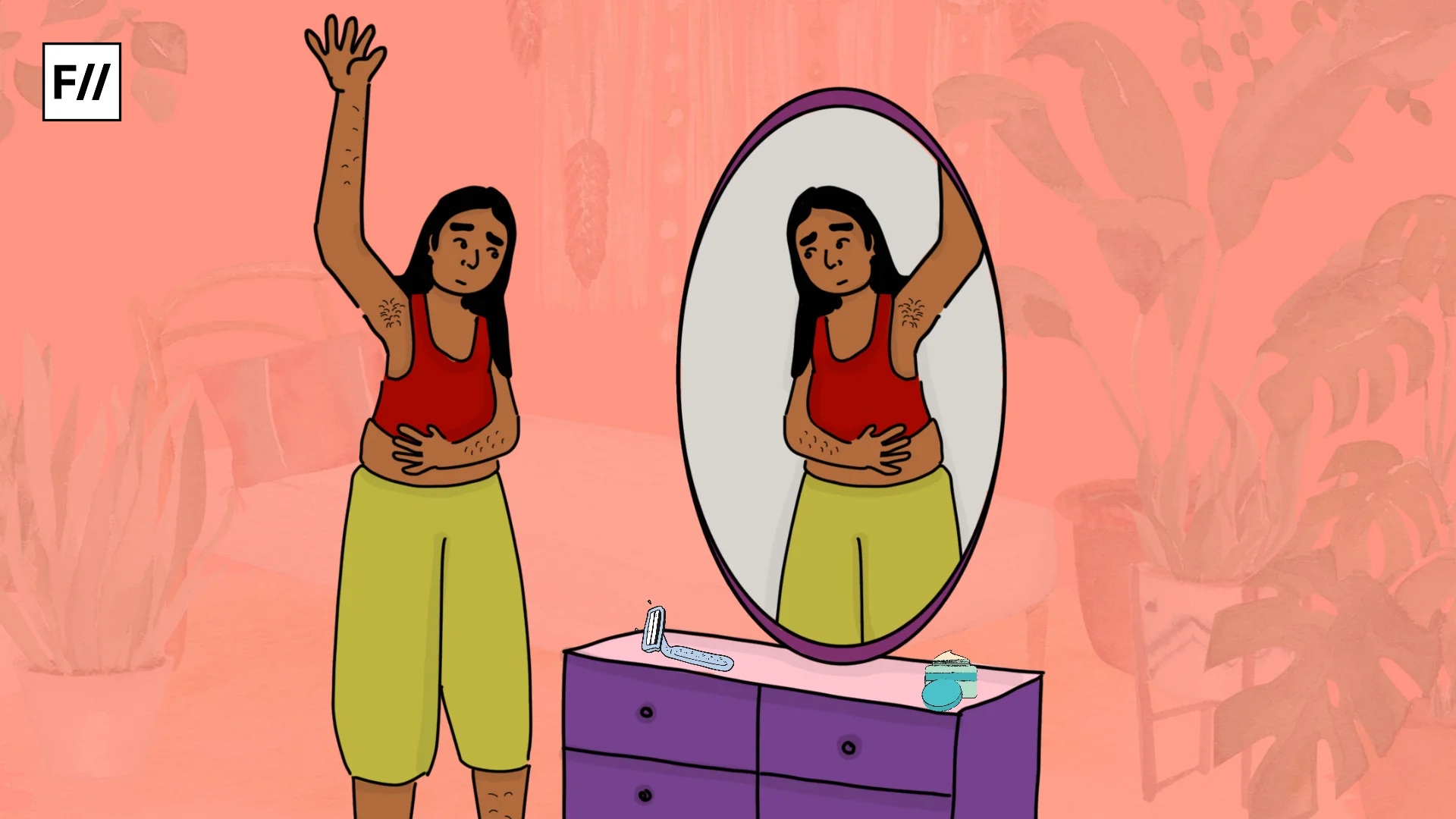Health outcomes, healthcare seeking, and providing caregiving for the ill have gendered dimensions that often go unnoticed. Gendered discrepancies exist not only when it comes to matters of health literacy, health neglect, healthcare access, and health autonomy, but even in matters of support, stress, care, and rest. Women contend with different socio-familial realities than men following a major diagnosis.
Breast cancer is the most commonly diagnosed cancer in women. Globally, every 14 seconds, a woman receives this diagnosis. While breast cancer remains a significant public health challenge across the world, India leads in breast cancer-associated mortality. Between 2019 and 2023, 10,54,043 cases of breast cancer were diagnosed in the country; in the same period, 3,92,101 people succumbed to the disease. During this period, the number of cases diagnosed and the number of deaths also climbed steadily year after year.
India’s high rates of mortality are associated with breast cancer being diagnosed in the later stages (often Stage 3 or 4) in the country. However, while the socio-institutional causes of high breast cancer mortality and late-stage diagnosis are many, an important, yet overlooked, facet of the discourse surrounding breast cancer is the impact of domestic burdens, stress, and unmet care needs on women diagnosed with breast cancer.
Unrelenting domestic burdens
Women are the primary caregivers in most Indian households. Whether they work outside the home or not, domestic responsibilities are borne disproportionately by women. Domestic chores and caregiving duties are also viewed through a gendered lens, where some responsibilities are feminised and are only performed by women. Women being ill, then, often brings households to a standstill, and the cultural expectation is that women should persevere and put their families’ needs before their health.
During the pandemic, an image shared by an Indian Twitter (now X) user went viral. In the picture, the user’s mother, afflicted with COVID-19 and on oxygen support, was photographed cooking for the family with her oxygen cylinder in tow. The tone of the tweet was laudatory. Such expectations of women to sacrifice their health for the convenience of the family are pretty commonplace in patriarchal societies.

Patriarchy doesn’t only expect but demands women’s sacrifice, positioning it as a virtue, and this includes health sacrifices. In many households, women are expected to continue their domestic and care duties even when ill. This can either be because of strictly enforced gender roles and expectations, or, in some households, because of a lack of alternative options due to financial constraints that allow women to delegate these responsibilities. A Lancet report titled ‘Women, Power, and Cancer’ reads, ‘…since gender norms often exclude men from participating in childcare in many settings, covering these care-taking roles can act as a barrier for women to seek care for their own health needs.’
A 2025 study found that Indian women spend 70 minutes on childcare each day, significantly above the global average of 38 minutes. Another study found that while globally women spend three times more time than men on unpaid domestic work, Indian women spend ten times more time than Indian men taking care of the household. As per the Time Use Survey (2024), 21.4 per cent of all men between the ages of 15 and 59 spent time on caregiving duties, as opposed to 41 per cent of all women in this age group. Women also spent twice as much time on caregiving as men.
A study based in Kerala that looked at the familial and social implications of breast and gynaecological cancer diagnosis on 130 women found that of the patients who reported feeling distress, 93 per cent attributed it to concerns regarding work and 82 per cent to difficulty in housing and home care.
Given how such gender disparities in performing household responsibilities are normalised, it’s no surprise that women put their domestic and caregiving responsibilities before their health. Anchal Sharma is a breast cancer survivor and the founder of CanHeal Community, an initiative dedicated to empowering breast cancer survivors through emotional support, awareness, and community healing. Speaking to FII, she said, “Many women I’ve met tend to ignore their own pain or delay treatment because they don’t want to disrupt family routines. This neglect can seriously affect their health outcomes. I always tell them that taking care of yourself is not selfish; it’s the most loving thing you can do for your family.“
Maangi Devi, a breast cancer survivor from Rajasthan’s Bhilwara district, told FII*, “Women do put their domestic responsibilities before their health. My children, however, were older when I was diagnosed, and they didn’t let that happen. Although the responsibility to cook fell on me, I did face some struggles in that regard. I would also do small chores to stay active, but I never felt pressured to work around the house. My children were very supportive and took up all the responsibility for my care.“
While Maangi Devi’s experience was positive, this isn’t the norm. Speaking of her experiences working alongside other breast cancer survivors, Sharma noted, “Even while undergoing treatment, many women still feel the pressure to take care of their families and manage household responsibilities. The cultural expectation that women must always put their families first doesn’t stop, even in times of illness. At CanHeal, we try to encourage conversations within families so that responsibilities can be shared and women can focus on their recovery without guilt or pressure.“
Unmet care needs, stress, and neglect
Women face daily stressors due to their unending roles as domestic managers. In times of illness, this stress can be exacerbated due to having to manage this role alongside failing physical health and psychological distress. This can also lead to feelings of isolation and inadequacy, and a lack of familial support exacerbates overall stress. Speaking of this, Sharma said, “The constant juggling between home, work, and treatment often leaves women with little time for rest or emotional recovery.“
A study based in Kerala that looked at the familial and social implications of breast and gynaecological cancer diagnosis on 130 women found that of the patients who reported feeling distress, 93 per cent attributed it to concerns regarding work and 82 per cent to difficulty in housing and home care. Caring for dependents (65 per cent), lack of empathy from families (87.6 per cent), feelings of isolation (70 per cent), and body image issues (65 per cent) emerged as other major causes for their distress.
While women are expected to be lifelong caregivers, when they are ill themselves, their care needs often go unmet. Sharma noted, “I do feel that there is still a significant lack of family and social support for women diagnosed with cancer. While some families provide incredible strength and care, many women face isolation or misunderstanding after their diagnosis. The stigma, fear, and lack of awareness around cancer often make it difficult for them to receive the emotional and practical help they need. Support and empathy from family and community can make a world of difference in a woman’s healing journey.“
The role of gender in determining healthcare outcomes and access has long been noted; however, in the case of breast cancer and other major illnesses, addressing gender disparities in familial and social responses can mean the difference between life and death.
It’s not just the prospect of unmet care needs and emotional neglect, either, that women face. In some instances, they also face abandonment from their families due to being perceived as a burden. Asked if she knows of women who have faced neglect and abandonment from their families following their diagnosis, Sharma said, “Sadly, yes. Some women have faced rejection or emotional neglect from their families or communities after being diagnosed. It’s deeply painful to witness, but it also shows why emotional healing and social awareness are just as important as medical treatment.“
Maangi Devi also noted something similar*, “While I had my children with me during hospital visits, at the hospital I met some women with breast cancer who were in distress and had no support system.” This is not a problem limited to India, either. A 2009 study regarding gender disparities in spousal abandonment following a major diagnosis found that men were six times more likely than women to abandon an ill spouse. The report also noted that such spousal abandonment adversely affected the quality of life and care for the sick spouse.
Further, when social stigma combines with patriarchal frameworks, it worsens outcomes for breast cancer patients in the country. One study found that in rural populations in India, there was a widespread belief that cancer is contagious. This often resulted in cancer patients having to contend with social stigma and discrimination.
Patriarchal frameworks that only value women for their domestic roles tend to treat them like they are expendable when they can no longer perform these roles. This results in women receiving little to no support or facing outright rejection from their families when severely ill. The above-mentioned Lancet report features the case of a 36-year-old Indian woman who was diagnosed with brain cancer. While she got some financial support from family and her children managed domestic duties, her husband refused to support her – emotionally or financially. She had to rely on her sister to accompany her to hospital visits. The report quotes her husband as saying, ‘If you die, then die. If you live, then live.’ The report also notes that women disproportionately bear unpaid caregiving responsibilities for cancer patients.
However, another source of stress for Indian women diagnosed with breast cancer seems to be their failure to perform gender roles. Women are conditioned from a young age to believe that their primary duties are towards the home. Inability to perform this role, then, is a source of psychological stress. The prospect of being rejected by their families if they don’t meet these gendered expectations also looms large. A 2021 study found that even in cases where families provided support to breast cancer patients, if women, and those around them, believed they weren’t fulfilling their primary domestic roles, it caused women psychological distress. Further, such distress was aggravated by the lack of reassurance or affection from male relatives. It also noted that the psychological impacts of their diagnosis were amplified due to the patriarchal context in which they lived.
There is a critical need to expand our understanding of breast cancer beyond the medical and institutional. Increased focus on the social and familial structures that impact the nature of care women with breast cancer receive, and determine if they receive care at all, is crucial. The role of gender in determining healthcare outcomes and access has long been noted; however, in the case of breast cancer and other major illnesses, addressing gender disparities in familial and social responses can mean the difference between life and death.
*Some of the quotes in this article have been edited for clarity and length.
About the author(s)




